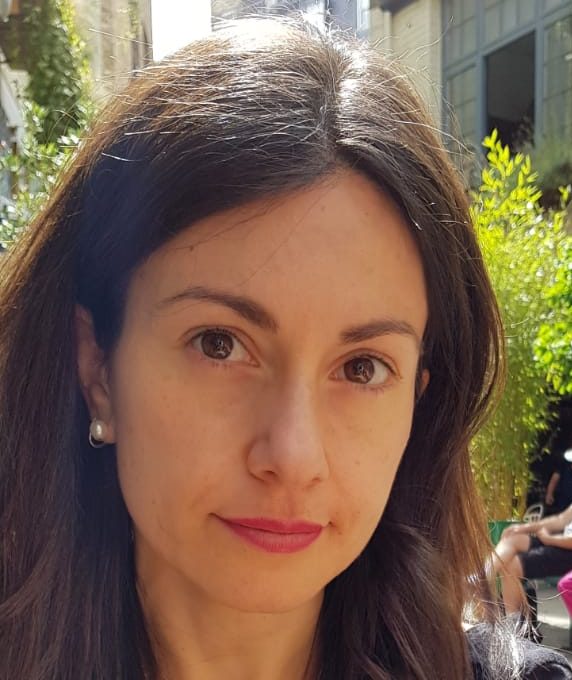S&P Global Offerings
Featured Topics
Featured Products
Events
S&P Global Offerings
Featured Topics
Featured Products
Events
S&P Global Offerings
Featured Topics
Featured Products
Events
Solutions
Capabilities
Delivery Platforms
News & Research
Our Methodology
Methodology & Participation
Reference Tools
Featured Events
S&P Global
S&P Global Offerings
S&P Global
Research & Insights
Solutions
Capabilities
Delivery Platforms
News & Research
Our Methodology
Methodology & Participation
Reference Tools
Featured Events
S&P Global
S&P Global Offerings
S&P Global
Research & Insights
S&P Global Offerings
Featured Topics
Featured Products
Events
Support
30 Sep 2022 | 14:15 UTC
Highlights
Market players perceive the ban as a risk
Indian renewable energy credits at $1/mtCO2e discount to Turkey
A ban on the exports of carbon credits announced by India's Minister for Power and New and Renewable Energy R K Singh Aug. 8 has led carbon credit buyers to pay less for credits issued by India than other countries, market sources said.
The minister did not specify when the ban will go into effect and the credits that will be affected. The trend is particularly evident in the renewable energy sectors of the voluntary carbon markets. India is one of the world's biggest producers of carbon credits issued by renewable energy power plants. Other producers include Turkey, China, and Latin America.
Market players are concerned that credits issued by Indian projects will struggle to find domestic buyers when the ban is implemented and probably have to be sold at a lower price.
"With the statement by the minister, the market for Indian credits has been very affected," an Indian based developer said. "Clients are bothered about the ban and are avoiding credits from India."
A Europe based marketer and developer said that the ban puts Indian carbon credit exports at risk. "Every risk has to be matched up with price," the developer said.
Market sources said, at the end of September, Verified Carbon Standard-certified solar and wind credits issued by India were at a $1/mtCO2e discount to equivalent credits issued by Turkey.
The Turkish premium is likely attributable to lower supply in Turkey compared with India, an India-based developer of renewable energy carbon credits said.
Renewable energy credits issued by China have always traded at a discount to Indian and Turkish equivalents due to high volumes produced in China and integrity concerns.
Renewable credits sourced from Latin America have always traded at a premium to India and Turkey due to a lack of supply.

